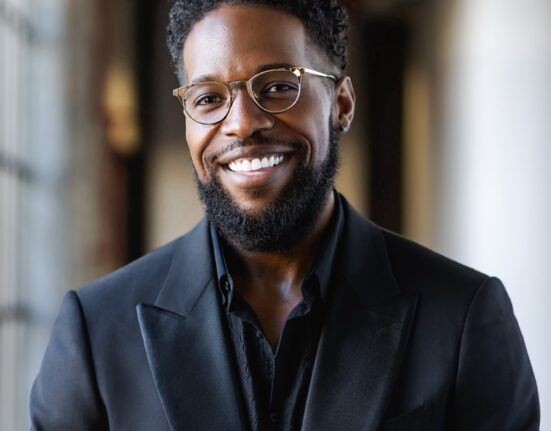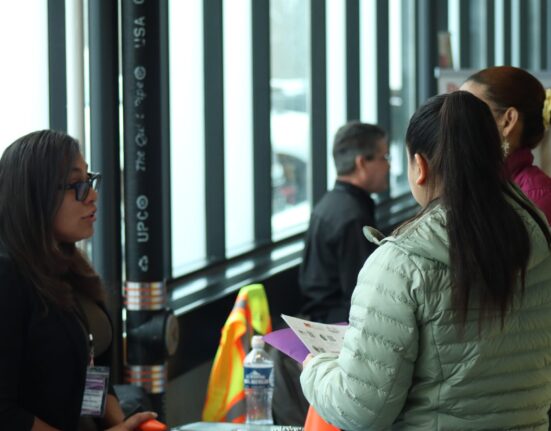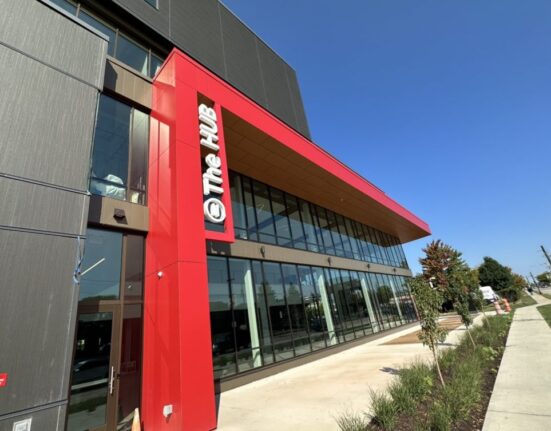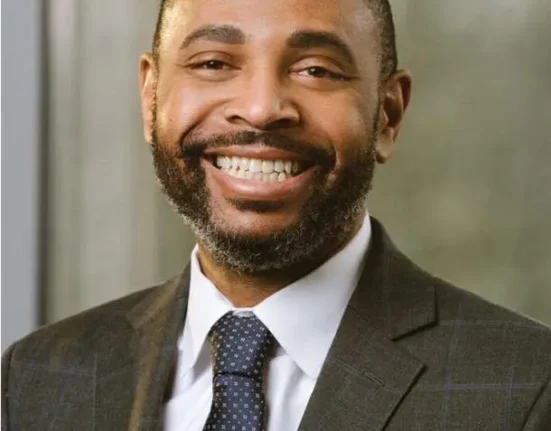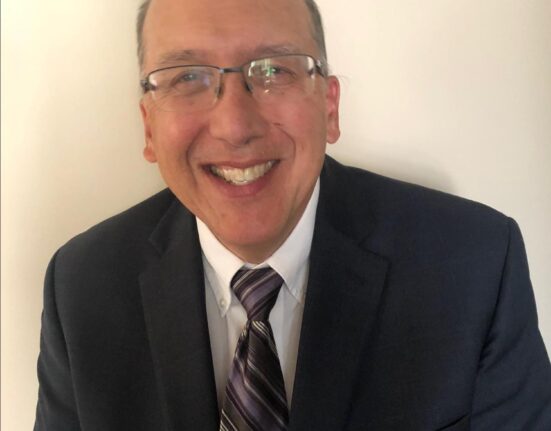
Students got a chance to voice their concerns on the environment and engage in conversation with the U.S. Department of Commerce today during a roundtable discussion at UW-Madison.
About a dozen students attended a breakfast roundtable conversation with U.S. Deputy Commerce Secretary Don Graves and Madison’s District 8 Alder MGR Govindarajan this morning. Attendees were mostly students from climate activist groups where they voiced their concerns about federal policy on climate change initiatives and how decisions from the Department of Commerce directly affect them.
The effort was organized by Alder Govindarajan as he continues his push to get students “a seat at the table,” as he puts it, in discussing government decisions on local, state and federal levels.
“It really is about engagement, and you have to put more effort in there to be able to get a seat at the table,” Alder Govindarajan said. “You can’t have people at the table if you don’t have a table.”
Graves touted efforts under the Biden administration to combat growing issues on the economy, with a heightened focus on inflation, and climate change. Graves has been touring Wisconsin to discuss economic growth. Yesterday in Milwaukee with Gov. Tony Evers, Graves touted a new report that concluded that economic growth has been better than previously estimated.
“I think when we remind people of where things were before, with high unemployment and big challenges with our economy, jobs going away to other countries, I think people are going to remember that you’re actually in pretty good shape,” Graves said. “The 14 million new jobs since the president took office, including the more than 800,000 in manufacturing — it’s a good indicator of the direction that the economy is going.”
The Bureau of Economic Analysis’ report, released yesterday, found that gross domestic product (GDP) had grown 5.2% in the third quarter. The previous estimate for growth was expected to be 4.9%.
“There’s a lot of misinformation out there, but people need to remember where we were just a couple of years ago, coming out of the pandemic when the president inherited an economy, it was in shambles.” Graves said.
Students’ biggest concerns from an environmental standpoint was on creating policy to improve lives for themselves now and in the future for their children later in life.
“It’s not an issue that impacts just the people living now, but also the millions of people coming later in the future,” Alder Govindarajan said. “Now we get to ask questions like, what decisions does the Department of Commerce make that does affect the climate needs of our generation?”
Graves highlighted four acts to address concerns on the environment and the economy from the Biden administration.
Graves touted The American Rescue Plan, a $1.9 trillion stimulus bill passed in 2021; the Bipartisan Infrastructure Law, which authorized $108 billion to support federal public transportation programs; the CHIPS and Science Act, a federal statute to increase domestic research and manufacturing of semiconductors with a $208 billion funding boost; and the Inflation Reduction Act meant to curb inflation by reducing the federal government budget deficit, lowering prescription drug prices and investing in domestic energy production with a focus on promoting clean energy.
The deputy secretary aims to have continued conversations around investment decisions from the federal government with younger voters in a way that addresses their needs in a way that is in “an equitable way,” Graves said.
Both Govindarajan and Graves said they hope to find more opportunities for government at all levels to engage with students in the future. The two see the importance of speaking with students more that has typically been ignored by previous politicians.
“It’s critically important for us to be talking with students. These are the leaders of the future. They are folks who have not just a voice but have a stake in the direction that our country’s gonna go,” Graves said. “We have to make sure that we’re listening just as much as we’re acting.”

